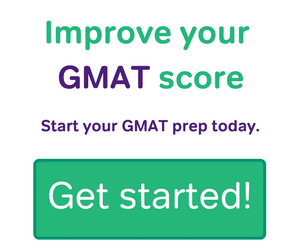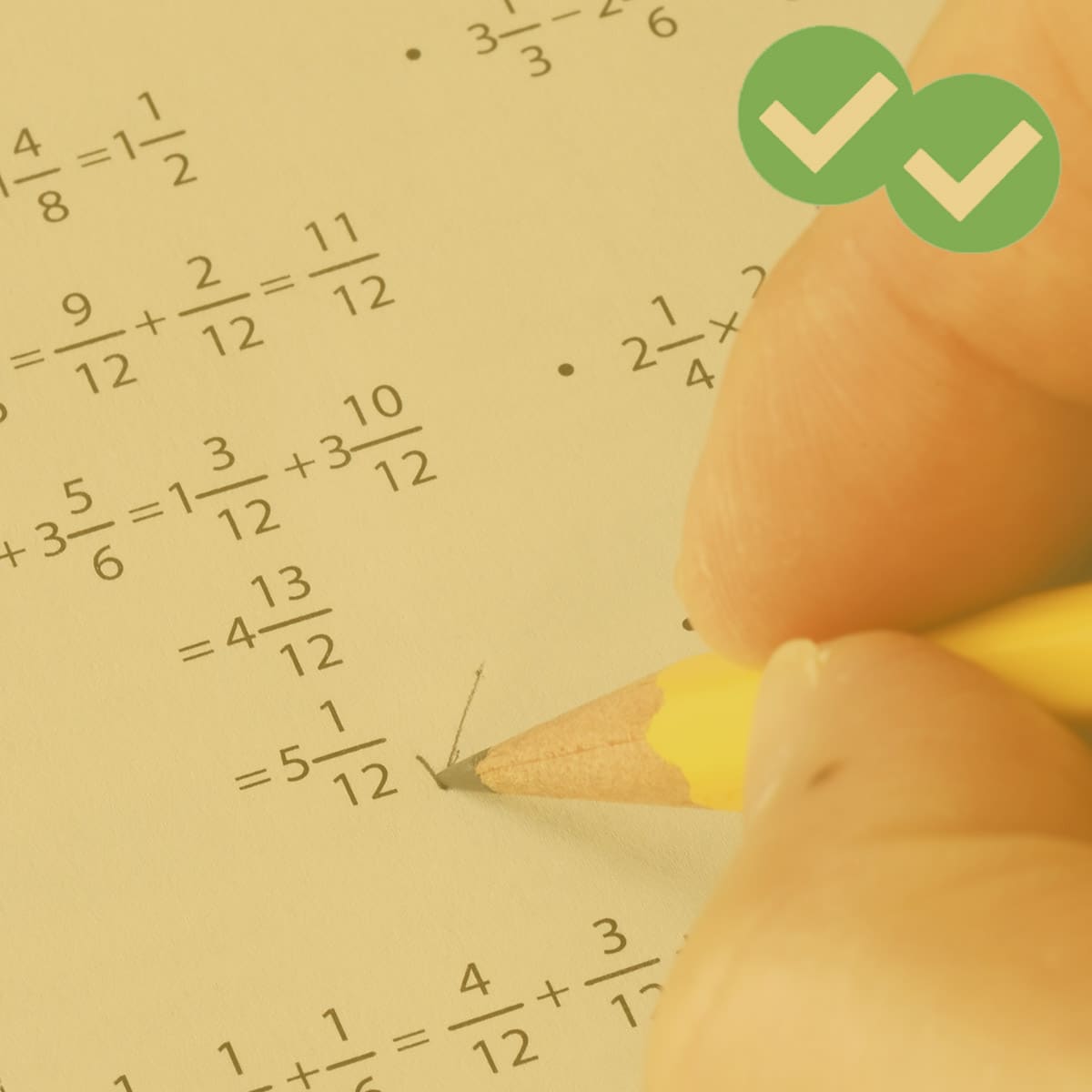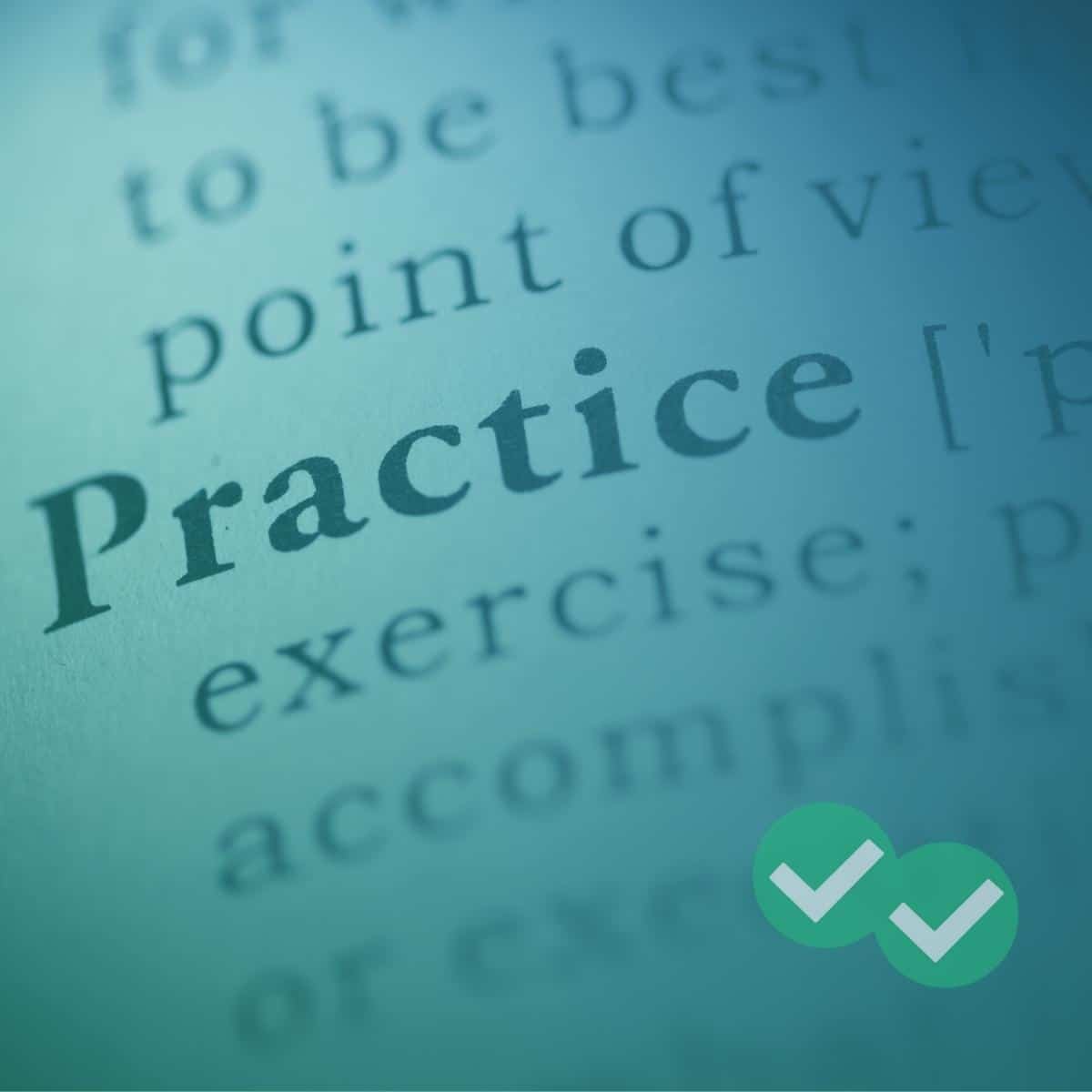Learn how this grammar mistake appears in the most insidious guises on the GMAT Sentence Correction.
We all know run-on sentences are bad. There probably was a middle-aged middle school English teacher who rammed that into your brain: run-on sentence = bad. The problem is: many people have only a fuzzy idea about what constitutes a run-on sentence. For example, clearly the following is a run-on:
When I woke up I ate my breakfast I walked out the door saw my friend Herbert he lives across the street we talked about . . .
Of course, any of us can spot the run-on there. Here’s the challenge, though. Read the following question: see if you can find the run-on sentence(s) among the five answer choices.
1) Although offering a dynamic range simply absent on the harpsichord, the original fortepiano, invented in the early eighteenth century — indeed the name comes from the Italian forte (“loud”) + piano (“soft”) — the fortepiano would now sound dynamically limited compared to our modern grand pianos.
-
- (A) Although offering a dynamic range simply absent on the harpsichord, the original fortepiano, invented in the early eighteenth century
-
- (B) Although the original fortepiano, invented in the early eighteenth century, offered a dynamic range simply absent on the harpsichord
-
- (C) Although it offered a dynamic range simply absent on the harpsichord, the original fortepiano, invented in the early eighteenth century
-
- (D) Invented in the early eighteenth century, the original fortepiano offered a dynamic range simply absent on the harpsichord
- (E) The original fortepiano, invented in the early eighteenth century, although it offered a dynamic range simply absent on the harpsichord
Try both to answer this question correct and to spot the incorrect “run-on sentence” answer choice. I will discuss this in detail at the end of the post.
A Review of Grammar Basics
First of all, a review of a few grammar basics. An independent clause is a clause that could stand on its own as a complete sentence: it must have a noun and a verb. Every sentence needs at least one independent clause as its core statement. We can join two independent clauses with a coordinating conjunction (e.g. and, or, but, nor, for, yet, so, etc.) We can also take an independent clause and make it dependent (a.k.a subordinate) by putting a subordinating conjunction in front of it; in this case, a different independent clause would have to remain independent as the core statement of the full sentence. Folks sometimes use the mnemonic “on a white bus” to remember the subordinating conjunctions in English:
O = only if
N = now that
A = although, after, as
WH = while, when, whereas, whenever, wherever, whether or not
I = if, in case
T = though
E = even though, even if
B = because, before
U = until, unless
S = since, so (that)
You can join independent clauses with coordinating conjunctions, and/or you can include one or more dependent clauses as long at the sentence overall has an independent clause.
What Exactly is a Run-On Sentence?
A run-on sentence is the juxtaposition of two independent clauses without an appropriate conjunction. It need not be long. All you need for an independent clause is two words, a subject + a verb. Therefore, all you need for a run-on sentence is four words; for example:
Fish swim birds fly.
That sentence is a classic run-on sentence: noun verb noun verb, with no conjunction of any kind. We could make it a correct “not run-on” sentence either by adding a coordinating conjunction (“Fish swim, but birds fly.”) or a subordinating conjunction (“While fish swim, birds fly.”)
OK, so far, that’s not too challenging: even if we didn’t know the reason, we would also easily recognize “Fish swim birds fly” as a grammatically incorrect sentence. The problem comes when this fundamental run-on structure (noun verb noun verb) is obscured by a host of modifiers and other detail. For example:
Joyce’s novel Ulysses, loosely organized around the structure of Homer’s Odyssey, employs in each chapter a different language game, which mirrors in an intimate way both the action of the chapter and its Homeric referent, his final novel Finnegans Wake, which took Joyce 20 years to complete, abandons all conventions of plot, unfolding instead as a continuous 400-page dream-like river of imagery meant to evoke the “monomyth.”
Beneath all the detail, that sentence is a run-on sentence. We have noun-verb-noun-verb (“Ulysses … employs … Finnegans Wake … abandons”) without any conjunction joining them. If we just put the word “but” before “his final novel Finnegans Wake,” or put the word “while” at the beginning of the sentence, then Voila! —- either alteration would make the sentence “non-run-on” and 100% grammatically correct.
BTW, I am huge James Joyce fan, and I highly recommend both of those novels — when you are no longer preparing for the GMAT!
The Practice Question
Having deepened your understanding of run-on sentences, you may want to take a second crack at this sentence before reading the explanation.
1) Although offering a dynamic range simply absent on the harpsichord, the original fortepiano, invented in the early eighteenth century — indeed the name comes from the Italian forte (“loud”) + piano (“soft”) — the fortepiano would now sound dynamically limited compared to our modern grand pianos.
-
- (A) Although offering a dynamic range simply absent on the harpsichord, the original fortepiano, invented in the early eighteenth century
-
- (B) Although the original fortepiano, invented in the early eighteenth century, offered a dynamic range simply absent on the harpsichord
-
- (C) Although it offered a dynamic range simply absent on the harpsichord, the original pianoforte, invented in the early eighteenth century
-
- (D) Invented in the early eighteenth century, the original pianoforte offered a dynamic range simply absent on the harpsichord
- (E) The original fortepiano, invented in the early eighteenth century, although it offered a dynamic range simply absent on the harpsichord
Explanation of the Practice Question
(A) Although offering a dynamic range simply absent on the harpsichord, the original fortepiano, invented in the early eighteenth century
This is one of the classic mistakes on the GMAT Sentence Correction. A subordinating conjunction such as “although” must be followed by a bonafide noun-verb, not simply by a participle. Correct: “Although the original fortepiano offered etc.” Incorrect: “Although offering etc.” In addition to that mistake, notice that, after the first comma, we have the free-standing noun “the original fortepiano,” a subject without a verb. (A) has a few mistakes, so it is incorrect.
(B) Although the original fortepiano, invented in the early eighteenth century, offered a dynamic range simply absent on the harpsichord
This one correctly follows “Although” with a bonafide noun-verb clause. In fact, (B) is the correct answer.
(C) Although it offered a dynamic range simply absent on the harpsichord, the original pianoforte, invented in the early eighteenth century
This one correctly follows “Although” with a bonafide noun-verb clause, but then has the free-standing noun “the original fortepiano,” a subject without a verb. (C) is incorrect.
(D) Invented in the early eighteenth century, the original pianoforte offered a dynamic range simply absent on the harpsichord
This one begins with the statement “invented in the early eighteenth century”: this is a minor detail, tangential to the main point of the sentence, so it’s somewhat jarring as the opening of the sentence. The BIG problem with this one, though, is that we have independent clause “the original pianoforte offered …” and then, after the dashed section, another independent clause “the fortepiano would now sound …” and there’s no conjunction. This is the run-on sentence, and therefore, (D) is incorrect.
(E) The original fortepiano, invented in the early eighteenth century, although it offered a dynamic range simply absent on the harpsichord
This one is strange. We get a subject, followed by a modifier and then a subordinate clause, but there’s no verb. We have a free-standing noun without a verb. This sentence has the form noun-noun-verb, not exactly a run-on, but still very much incorrect.
Search the complex SC questions, in the OG and elsewhere, and you will find run-on sentences disguises, as this one was, lurking among the answer choices. With a clearer understand of run-ons, you will be that much more efficient in tackling GMAT Sentence Correction.






Leave a Reply